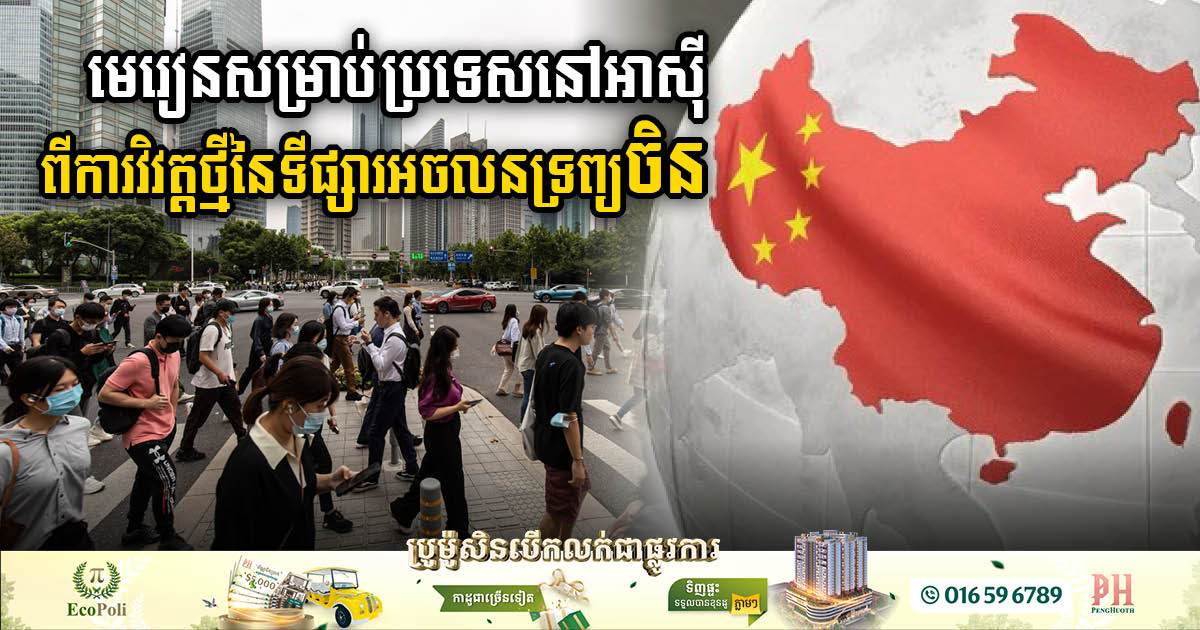US Tourists Propel Angkor Wat Ticket Sales to New Heights in Early 2025
In a remarkable start to the year, Cambodia has welcomed a surge of American tourists, leading the charge in ticket sales for the iconic Angkor Wat temple complex during the first five months of 2025. According to a recent report from the Angkor Foundation, the number of international visitors to Angkor reached an impressive 527,577, […]
Cambodia Sees Surge in Tourism Revenue, Generating Over USD 25 Million in Ticket Sales
In an impressive display of recovery and growth, Cambodia has successfully generated more than USD 25 million from tourist ticket sales in the first 5 months of 2025. The figures, highlighted in a report released by the Angkor Foundation on June 1, reveal that from January to May 2025, tourism hotspots such as Angkor Wat, […]
Cambodia’s Mining Sector Sees Significant Revenue Growth in 2024
In a notable achievement for Cambodia, the Ministry of Mines and Energy reported nearly USD 100 million in non-tax revenue from the mining sector in 2024, reflecting an impressive increase of approximately 79% compared to the previous year. This growth highlights the country’s expanding mining activities, which now include numerous sites dedicated to both domestic […]
Cambodia Should Navigate Rising Global Uncertainty with a Multifaceted and Coordinated Policy Strategy
Cambodia’s economic growth accelerated to 6.0 percent in 2024 from 5.0 percent in 2023, driven by a strong rebound in the garment sector. However, in light of unexpectedly high US tariffs, growth is expected to decelerate to 4.9 percent in 2025, due to its heavy reliance on exports to the US. A coordinated and multifaceted […]
Cambodia Sees Surge in International Tourist Arrivals in Early 2025
In a promising start to the year, Cambodia welcomed nearly 2 million international tourists in the first quarter of 2025, marking a remarkable 16% increase compared to the same period in 2024. This growth was highlighted by His Excellency Minister Huot Hak, Minister of Tourism, during a recent meeting aimed at promoting the Green Season […]
Cambodia and Laos Forge Stronger Agricultural Ties to Expand Mango Exports
In a significant move to enhance agricultural trade, Cambodia and Laos have reached an agreement to boost the export of Cambodian mango products to third countries via Laos’ high-speed rail system. This announcement was made during an official visit from April 30 to May 3, 2025, where H.E. Dith Tina, Cambodia’s Minister of Agriculture, met […]



 ខ្មែរ
ខ្មែរ







